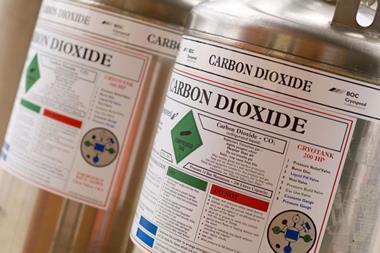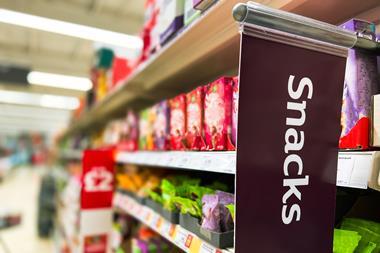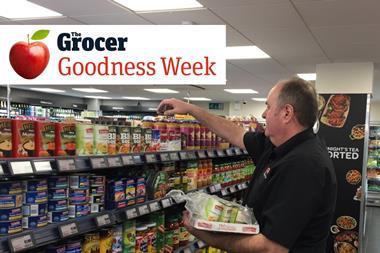
After we completed our B Corp accreditation, I read that only 3.5% of companies that had applied actually managed to pass the process.
It’s a lengthy procedure and, to demonstrate excellent standards, a business needs full buy-in from all internal and external stakeholders in order to meet the rigorous requirements. In addition to the day-to-day tasks a team needs to fulfil when running a business, to go the extra mile on sustainable initiatives is burdensome unless the founding ethos is already set to prioritise sustainable decision making. Good examples of this are seen through:
Cornish clothing brand Finisterre, which has changed the way wetsuits are made. Traditionally they were made from un-environmentally friendly materials, but Finisterre hired the world’s first full-time ‘wetsuit recycler’, whose role is to work on “upstream” wetsuit materials for reuse.
Toast Ale, Rubies in the Rubble and ChicP also go above and beyond by working with suppliers to save production waste. Toast Ale collects bread that may not be fit for supermarket shelves to replace virgin barley to brew its beer.
Even when working on an initiative such as carbon neutrality, some methods are better than others. Nestlé’s ambition to achieve net zero emissions by 2050 is underwhelming on the face of it, but it is working to reduce absolute emissions without using any carbon offsetting – which is onerous but far more impressive.
To the best of our knowledge, Dash Water beverages have the lowest recorded CO2 for a soft drink globally, but we’re still working hard to both improve our supply chain efficiencies and educate consumers to do the right thing.
For example, in the UK it’s impressive that 70% of all aluminium cans are recycled. However, there is no reason why the remaining 30% cannot be returned to good use. We recently changed our packaging designs to include super-clear recycling logos and messaging.
The Toast and Finisterre initiatives are excellent but what I really admire about their businesses is the deep-rooted ethos ensuring that decision making is seen through the lens of ‘is this the right thing to do?’ instead of only ‘is this going to make us the most money?’.



















No comments yet